T4K3.news
Devon housebuilder Burrington Estates collapses
Exeter based Burrington Estates Group Ltd enters liquidation amid debts nearing £29m and creditor proofs due this week.
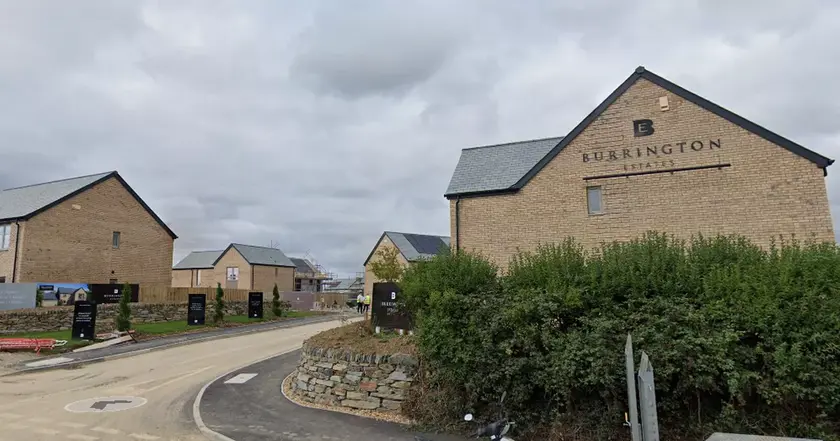
A Devon based housebuilder enters liquidation with debts of about £29 million, affecting a large group of subsidiaries.
Devon housebuilder Burrington Estates collapses under 29 million debt
A Devon based housebuilder, Burrington Estates Group Ltd, has entered liquidation after creditors were invited to submit proofs of debt by the end of the week. The Exeter headquarters company, which ran Burrington Estates and New Homes, reported debts totalling about £29.2 million and assets of only around £15,000. The New Homes division ceased trading last year, and is also in liquidation with debts estimated at more than £17 million.
In total, more than 30 Burrington Estates subsidiary companies have entered liquidation this year. The main funder and shareholder, London based BGF Group Plc, lent funds in 2021 and 2022 under a floating charge, but is expected to recover only about £8.6 million of the £27.6 million owed. Intercompany loans worth more than £1.5 million to Burrington Estates (Buckfastleigh) Ltd and Burrington Estate (Midlands) Ltd, both in liquidation, add to the complexity of creditor claims. ONYX Business Parks Ltd, another arm of the broader Burrington estate, continues to trade and is unaffected by the collapse.
The housing division employed around 70 people and completed more than 600 homes in the South West and Midlands, including projects in Exeter, Tiverton and Bude. In January 2024, Burrington announced the New Homes division would finish ongoing projects, wind down operations, and sell undeveloped land. The accounts for the 18 months to June 2022 showed a pre tax loss of more than £14 million, blamed on rising interest rates and tougher trading conditions. The Burrington empire began in 2011, purchased Plymouth’s The Ship in 2015, and developed sites such as Sky Park in Exeter and Eurotech Park in Plymouth.
Key Takeaways
"Debt can outpace assets in a hurry when funding is stretched"
Editorial observation highlighting the core issue
"This collapse shows how quickly a funding chain can fail"
Assessment of the risk to creditors
"The New Homes division completed more than 600 homes"
Factual note about prior activity
"Private equity funding in regional building needs clearer safeguards"
Industry analyst perspective
This collapse lays bare how heavily regional builders can rely on a small circle of funders and intercompany lending. When the parent falters, the chain reaction hits suppliers, employees and unsecured creditors alike. The stark asset gap highlights thin cushion in a business built on large projects and borrowed capital. The fact that ONYX Business Parks Ltd remains active shows not all parts of the empire were equally exposed, but the intercompany debts illustrate how fragile such structures can be.
For lenders and policymakers, the case raises questions about liquidity, risk disclosure, and the governance of private equity funding in regional housebuilding. Home buyers and subcontractors face a longer tail of unresolved claims, while the region’s construction rollback could affect future housing supply and local jobs. The episode serves as a reminder that growth in real estate often travels on a fine line between leverage and solvency.
Highlights
- Debt without assets is a loud drumbeat for risk
- Intercompany loans can bury a group in one strike
- Devon housing dreams hinge on fragile funding webs
- Liquidation writes a brutal ledger on overreach
Financial risk and political sensitivity around regional development funding
The Burrington Estates collapse exposes how leverage and intercompany loans in a regional housebuilder can magnify losses for creditors. The situation highlights potential budgetary impact on subcontractors and local services, and scrutiny may follow on how private investors fund growth in housing developments.
When the dust settles, the case will test how well regional builders balance ambition with sustainable financing.
Enjoyed this? Let your friends know!
Related News
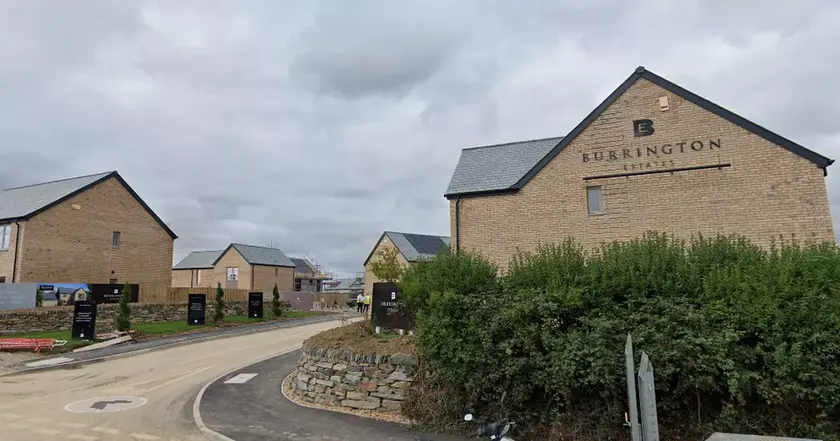
Burrington Estates collapses under £29m debt
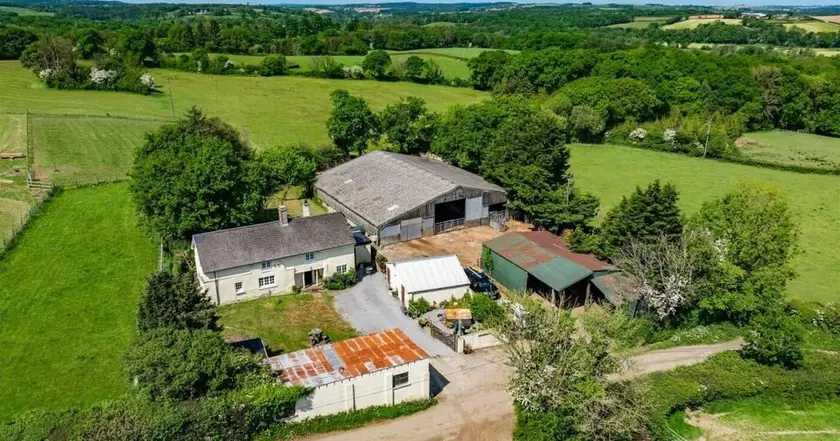
Devon estate with BBC history on market

Devon food group collapses with significant debts
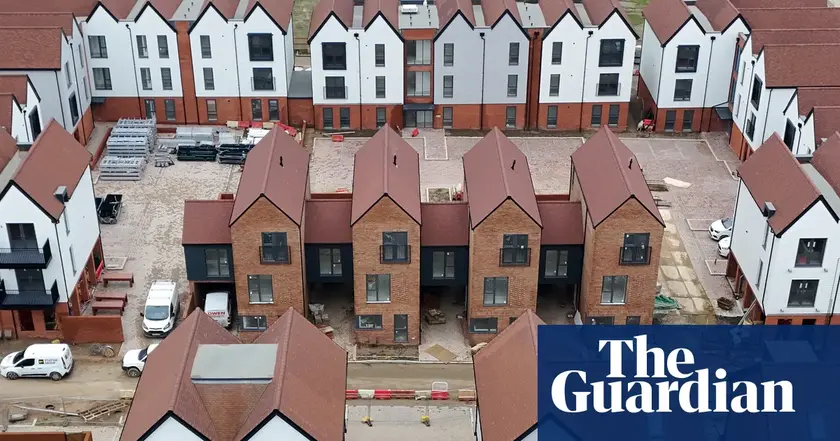
UK construction activity declines sharply in July

English vineyards see a tourism boom

River Island closes six Scottish stores after court approval

US home sales drop to lowest point in over a decade
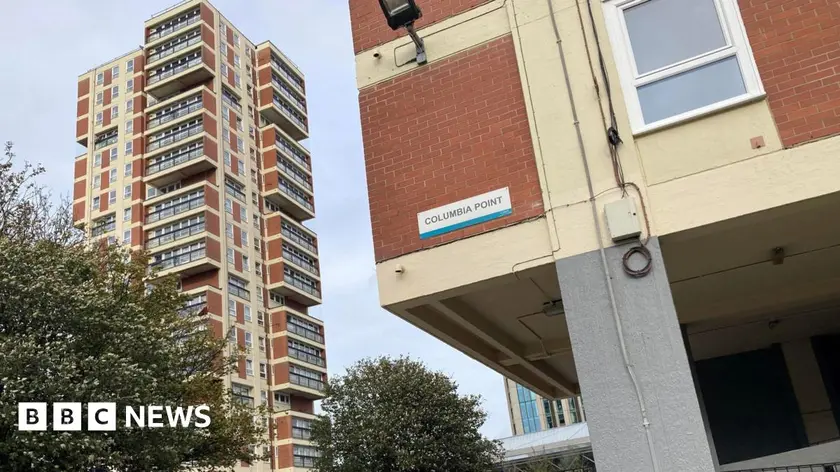
Southwark Council overspend reported at £6m
